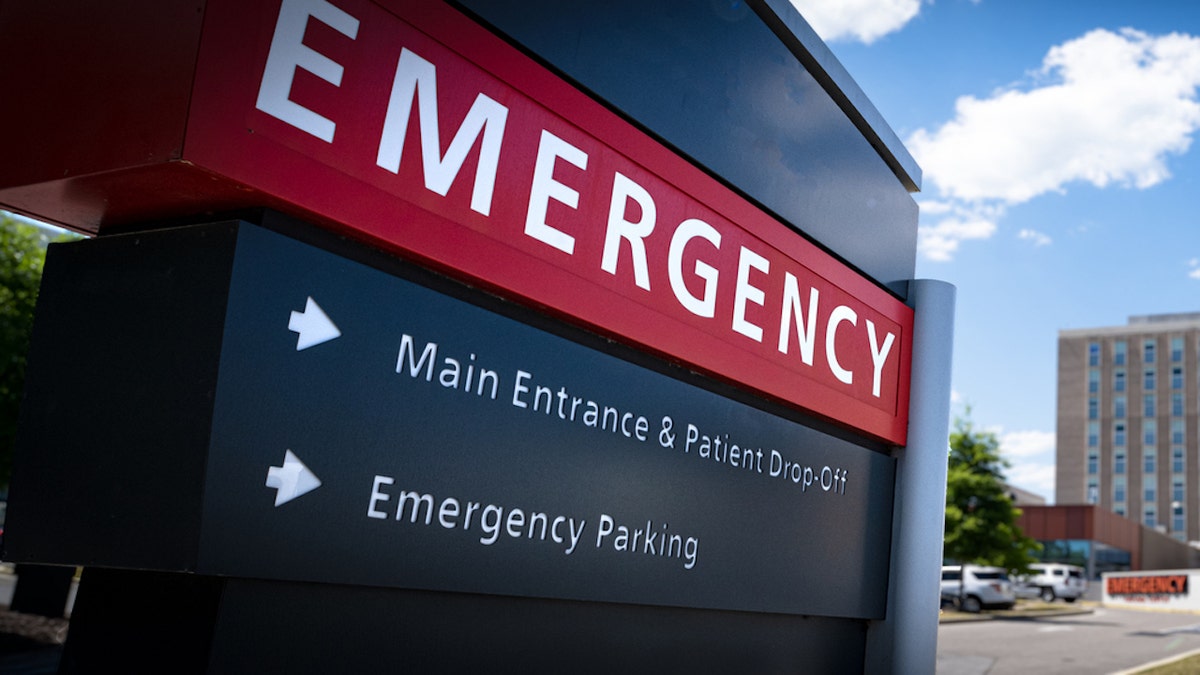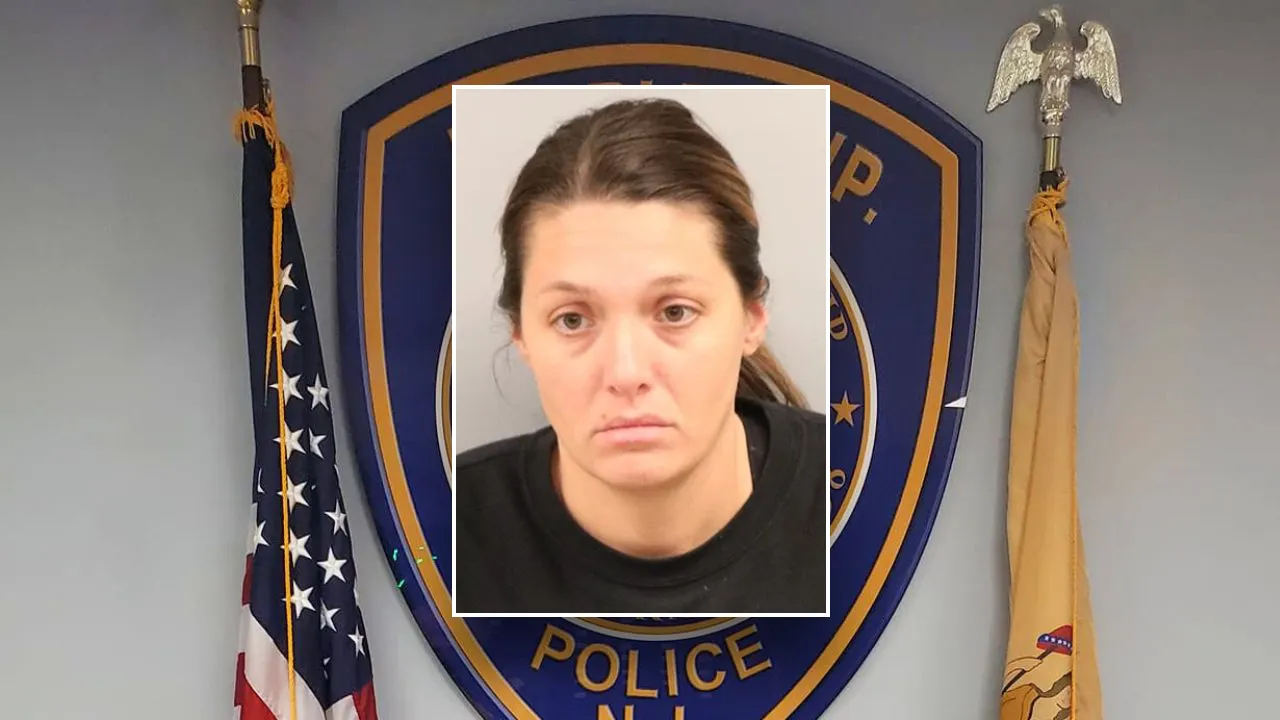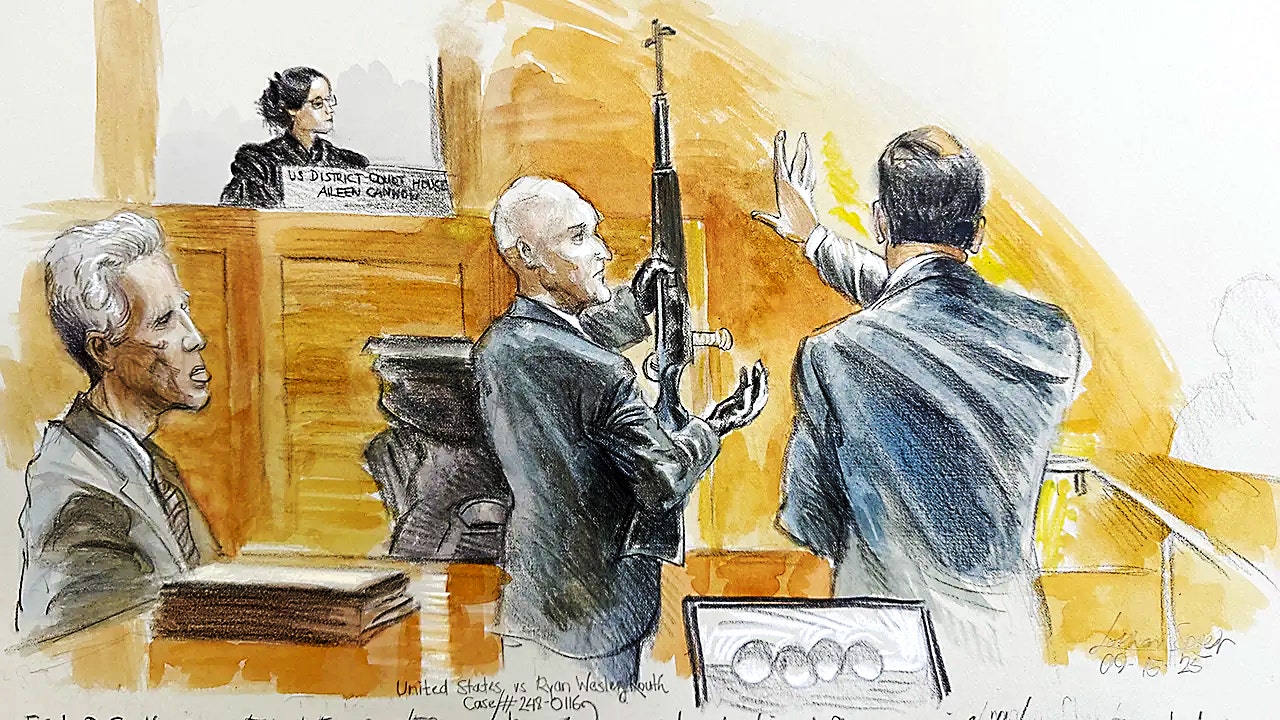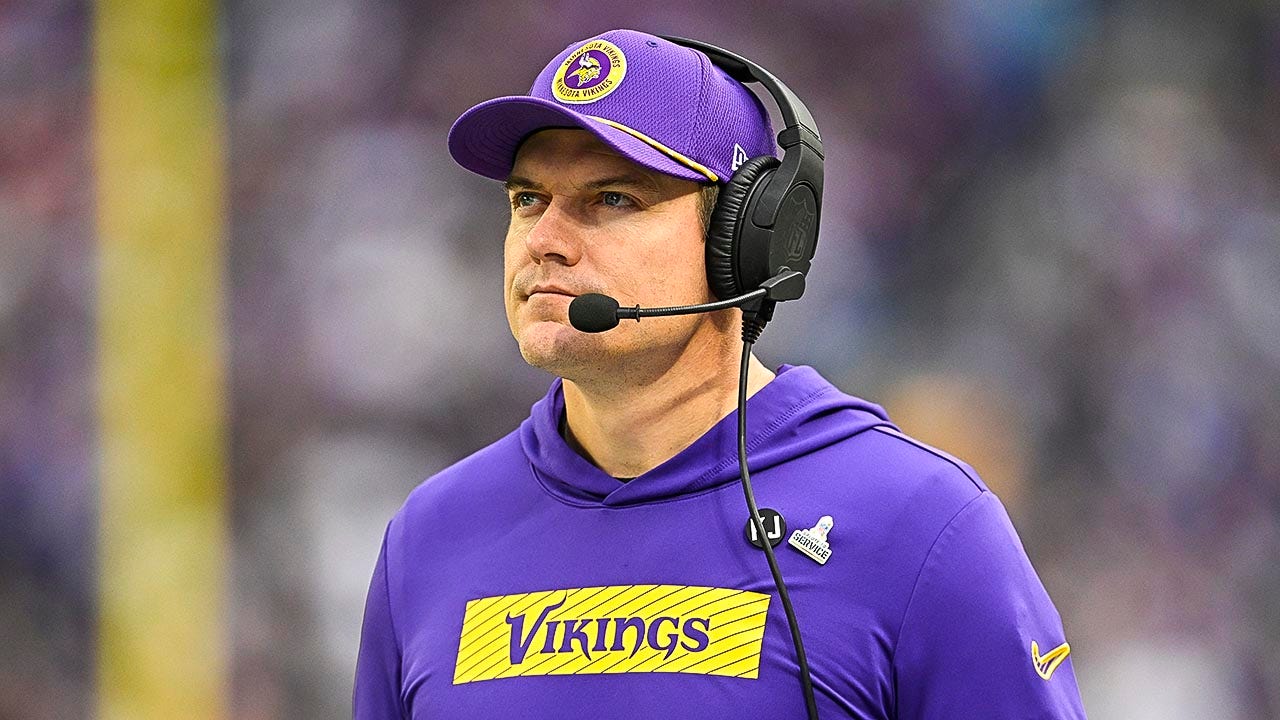NEWYou can now listen to Fox News articles!
There is a healthcare crisis brewing in the nation’s heartland, as evidenced by a landmark study conducted by the RAND Corporation in conjunction with top national emergency physicians.
The study from the Arlington nonprofit research institute found that emergency rooms (ERs) are no longer the safety net but the proverbial “front door” to the U.S. healthcare system, particularly after a 1986 law passed requiring ERs to stabilize patients or deliver babies from women in labor regardless of their ability to pay.
That has led to instability and hospital closures across the heartland, including in states where a dozen or more have closed, like Texas, Oklahoma, and Tennessee. States like West Virginia, Pennsylvania, the Carolinas and Alabama have also been affected.
“This RAND study is the first ever that points to this crisis, which is that the emergency departments and the care that patients receive in them usually is so critical that, especially for time-sensitive conditions that patients can have, just the fact that you have to travel as far as you might have to, or that even in some cases if a hospital is close to you, but it still doesn’t have the resources to operate efficiently,” said Dr. Randy Pilgrim, an ER doctor and chief medical officer for emergency room services company SCP Health in Atlanta.
BLISTERING REPORT CALLS FOR INVESTIGATION INTO 5 ‘WOKE’ HOSPITALS PUSHING ‘RADICAL’ AGENDA WITH TAXPAYER MONEY
“[I]n emergency medicine, we do time-sensitive, high-quality care as long as we have the resources to do it. And this study shows that we really have a crisis brewing here.”
Nearly $5.9 billion in emergency services go unpaid every year, the study found. Overcrowding and spates of violence towards staff have exacerbated the problem.
EMTALA, the aforementioned law, is essentially an unfunded mandate in many cases, and lack of funding for hospitals that treat a large proportion of that uncompensated care — which tends to fall in rural areas or poor neighborhoods in cities — leads to the dual issue of higher patient volumes and more uninsured patients being seen.
Many hospitals outside of cities cannot fully account for the funding gap, Pilgrim said.
“The economics of reimbursement for physician care play a huge role. … We need more physicians generally in America, and we need physicians to feel like they can and will go to where they’re needed,” he said.
“Physicians won’t go where they are needed if there’s not enough resources or reimbursement to attract them.”
Rural hospitals characteristically pay less than higher-end urban hospitals and have fewer local resources.
With hospital demand “higher than ever,” all of the above factors mean help is needed now.
Pilgrim said he has met with HHS Secretary Robert F. Kennedy, Jr., and other top officials at the agency, to discuss the issue — and hopes Washington can help.
“Secretary Kennedy… did a beautiful job of listening to what we were saying about the impending crisis that would probably happen during this administration,” Pilgrim said.
TEXAS HOSPITALS HIT WITH $122 MILLION BILL FOR ILLEGAL IMMIGRANTS’ CARE IN SINGLE MONTH

“And he was concerned about it because he could tell that you can’t make patients healthy unless you have a healthy healthcare system for them to engage. So I’m very encouraged about what Secretary Kennedy and his staff are doing to try to make a difference on the pieces that they control.”
He also said Congress must act, particularly as 10,000 Americans turn 65 every day and are therefore eligible for Medicare, which presents a different environment than separate Medicaid.
“That’s where we see more volume of patients, more complexity, and much more clinical demand. But if the reimbursement in Medicare doesn’t keep pace with that demand, once again, you’re in this vicious cycle where emergency departments will be at greater risk, starting with the rural and underserved areas and moving forward from there.”
Some in Congress have banded together to advocate for healthcare-related issues, including members of the bicameral “Doctors Caucus.”
One member, Rep. Greg Murphy, R-N.C., is a urologist from Greenville who previously served as chief of staff at a Level-I trauma center. “Congress cannot leave rural America behind,” he said.
CLICK HERE TO GET THE FOX NEWS APP
“The most important thing Congress can do is to fix dwindling Medicare reimbursements for rural providers and ensure health insurance companies don’t play games with denied care and denied payments,” he said, pinning the decrease at 33% since 2001 if adjusted for inflation,” Murphy told Fox News Digital.
The lawmaker added that many hospitals in his area do not have commercial payers as part of their funding sources to help offset losses from Medicare and Medicaid disbursement amounts — and that all hospitals must root out waste as well.
Pilgrim was also asked why Americans outside the heartland with more reliable emergency care should be supportive of added funding or resources miles away from them.
“In a large city like Atlanta, if rural healthcare is not healthy and patients have to go somewhere else, they will eventually end up in your hospital… So spending a dollar somewhere else besides in your own hospital if you’re in a better place makes a lot of sense for you…” he said.








